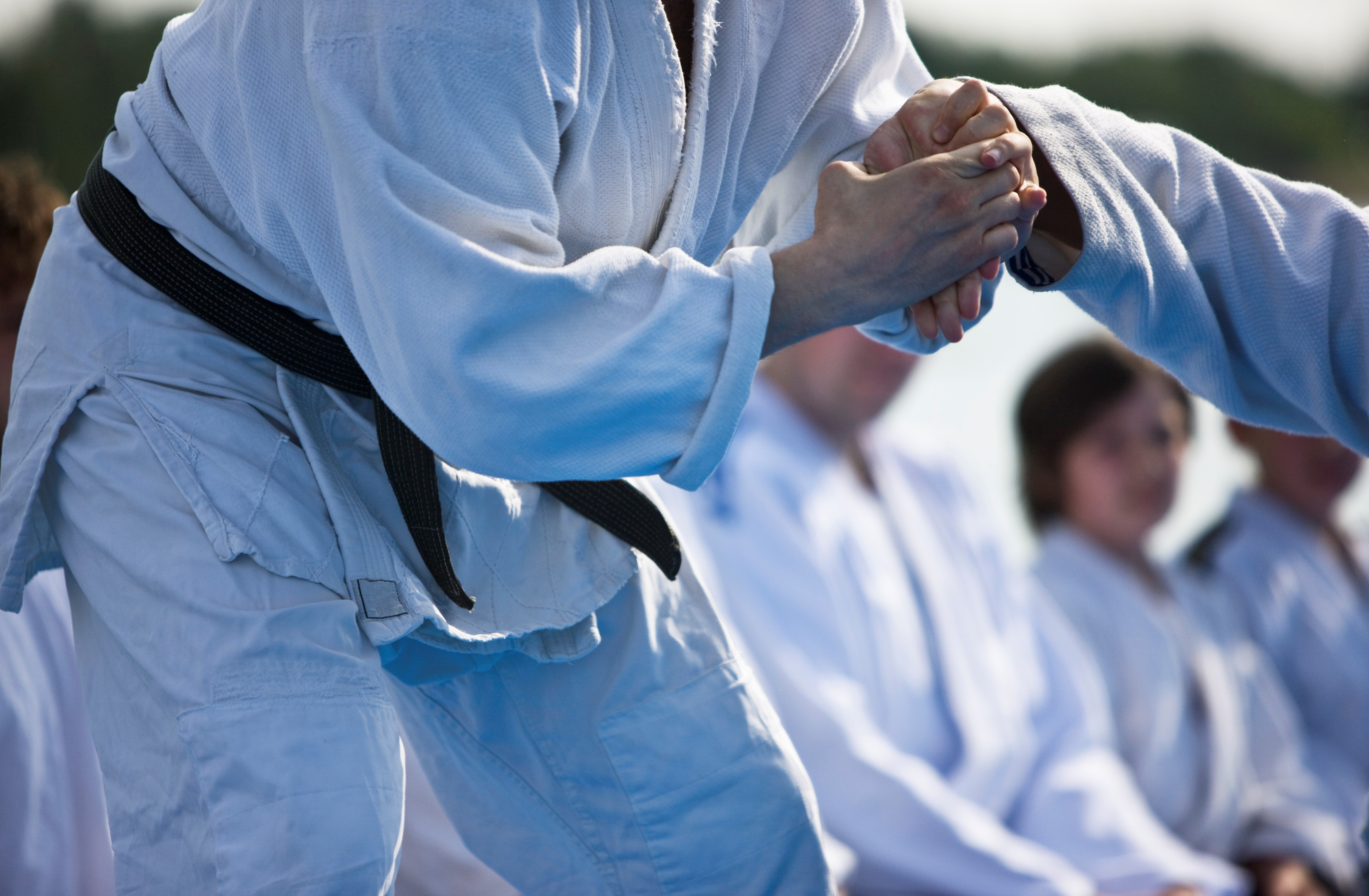02:26

Brazilian Jujitsu (BJJ), a grappling-based martial art with roots in South America, has found its way to Beijing.
It is like playing chess; both are one-on-one, and winning happens by submission. But it's much more physical, using locks and chokes.
The technique-oriented sport has attracted many Chinese and is becoming increasingly popular among women.
"When I spar with guys, due to the weight difference, even if I hit right in their face, they can just shake it off and walk away like it was nothing, not much damage, " said Zhang Yichi, a female martial art enthusiast who has trained in kickboxing and taekwondo for years. "But BJJ is all about technique. I can make someone bigger than me submit."
The armbar and rear naked choke (RNC) are her favorite moves. Zhang says the Brazilian martial art is extremely practical with no fancy moves, but all of them are useful in a real fight. As Brazilian Jujitsu has become more popular in China, it also helps students get familiar with the South American country and its culture.
Thirty-eight-year-old Fernandes Damatta is Zhang's trainer. The Brazilian black belt came to work at the training center in Beijing six months ago.
"Many Chinese have come to learn this martial art. Now with (Zhang Weili winning) the new Chinese UFC championships, BJJ has become more popular here. I'm also able to show a bit of Brazilian culture through the martial arts I've trained for my whole life," said Damatta, who has studied BJJ for 20 years.

Brazilian Jujitsu /VCG Photo
Brazilian Jujitsu /VCG Photo
Zhang says her impression of Brazil was relegated to football and carnivals before receiving training at the gym. As she practices more, the more she learns about the country.
"I find that they are really advancing martial arts, all kinds of (martial arts), not just BJJ. Brazil also has Capoeira or the Brazilian war dance. It is African moves plus Brazilian. BJJ is Japanese plus Brazilian. So, they (Brazilians) are really good at embracing other cultures," said Zhang.
As for her trainer Damatta, he's already mapped out a long-term plan in China.
"I want to stay here for a long time to continue to teach Brazilian Jujitsu. And I also want to learn Chinese and more about the culture. So, hopefully, next time we can better communicate with each other," Damatta said, smiling.
As intense it may seem, BJJ could be a good fight that bonds people and cultures tighter than an armbar.